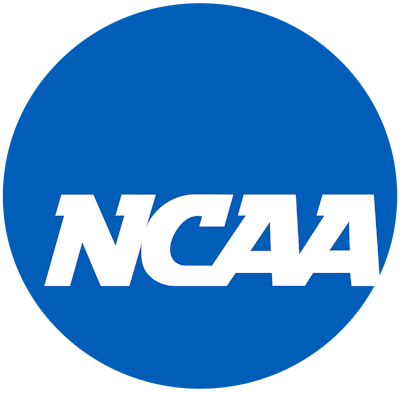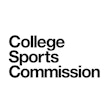
Data from the NCAA Student-Athlete Health and Wellness Study shows student-athletes are reporting fewer mental health concerns than they did during the height of the pandemic, although the improvements are smaller in some demographics. The full study will be released at the 2024 NCAA Convention in Phoenix.
Data collection for the Association-wide study administered by NCAA faculty athletics representatives began in September 2022 and concluded in June 2023. More than 23,000 student-athletes participated in the study.
Across all three NCAA divisions, this study revealed that mental health concerns are down across nearly every category from online surveys conducted by the NCAA at several points during 2020 and 2021. In men's sports, the biggest drops occurred in constantly feeling overwhelmed (down from 25% to 17%) and being mentally exhausted (down from 22% to 16%). The most significant decreases came among Division I men's sports student-athletes.
Among women's sports participants, reported mental health concerns were also down in nearly every category, but the decreases were smaller in comparison: 44% of women's sports participants reported feeling overwhelmed (down from 47%), and 35% reported feeling mentally exhausted (down from 38%).
Similar to findings from the online studies conducted in 2020 and 2021, self-reported mental health struggles were more common among student-athletes of color, those identifying on the queer spectrum and those identifying as transgender or nonbinary — population subgroups that commonly display higher rates of mental distress.
"As schools continue to improve their mental health care services while fostering an environment of well-being, student-athletes will continue to reap the benefits of wellness and mental health care seeking," said Brian Hainline, the NCAA chief medical officer. "That being said, we need to understand better the gap in perceived mental health concerns between men and women student-athletes."
Academic-related worries negatively impact student-athlete mental health more than any other factor. Student-athletes reported that planning for the future, financial worries, playing time and family worries were also key factors negatively impacting their mental health.
When responding to questions regarding their comfort in talking to their coaches about mental health issues, 40% of women's sports participants and 54% of men's sports participants said they would feel comfortable doing so. Those numbers were lower (a decrease of 9 percentage points for women's sports and 8 points for men's sports) than reported in pre-pandemic studies.
"Getting an accurate understanding of what student-athletes are experiencing — directly from them — is vitally important to help member schools better serve the students on their campuses," said Tom Paskus, NCAA managing director of research. "The NCAA and our research partners, including NCAA faculty athletics representatives, devote substantial time and energy to conducting student-athlete well-being surveys because they allow us to examine important issues such as mental health trends over time. Having tens of thousands of respondents allows us to really dig deep into concerns we see in particular sports or within particular demographic groups."
For both men's and women's sports participants, nearly 70% of student-athletes reported having people on campus they can trust to provide support when needed, although only about 50% reported feeling comfortable seeking support from a licensed mental health provider on campus.
As it pertains to health and safety educational training, 42% of men's sports participants and 47% of women's sports participants reported receiving bystander intervention training. The number of men's sports participants who responded that they are likely or extremely likely to intervene in a situation that could lead to unwanted sexual behavior increased by 22 percentage points since 2012, from 63% to 85%. The reported likelihood of intervention was even higher among those men's sports athletes who had received bystander intervention training, at 89%.
The NCAA Sport Science Institute provides mental and physical health, safety and performance resources to colleges to support their efforts toward creating and maintaining environments that promote mental and physical well-being and help student-athletes obtain mental health services without stigma. The mental health educational resources include NCAA Mental Health Best Practices, the updated version of which will be released this winter; videos and educational modules; and emerging data and research.
Overall, student-athletes identified the areas of proper nutrition, mental wellness, getting proper sleep, weight management and body image as topics that coaches and administrators should spend more time discussing with their student-athletes.




































